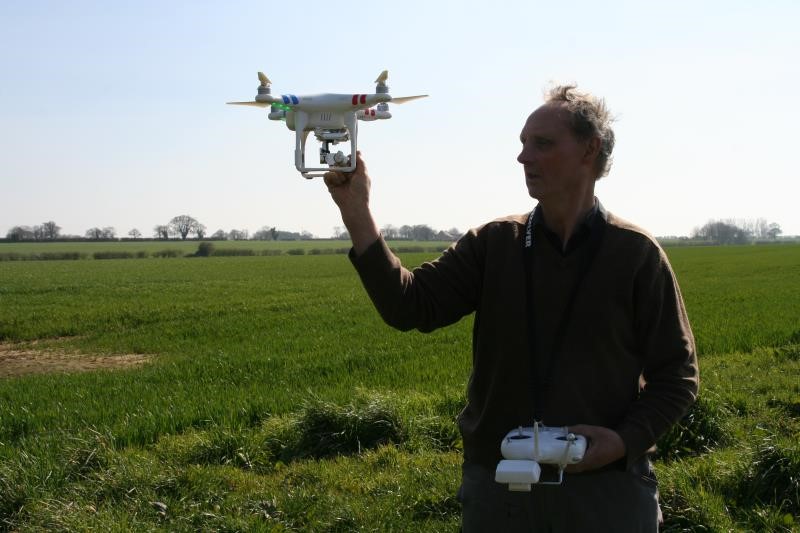Research and development (R&D) is one of the interventions to improve farm prosperity, aiming to increase productivity and reduce environmental impact. The aim is to bring together farmers and growers and researchers. A package of funding schemes will be available from early 2022, with stakeholder engagement and consortium building workshops continuing through 2021.
There will be three types of funding:
- Industry-led R&D syndicates, large scale projects run as a partnership of supply chain and science organisations
- Themed collaborative R&D projects, over 3 to 4 years for research on strategic challenges
- Accelerating adoption projects, up to 2 years long to test feasibility and run demonstrations
The scheme will be open to all but private investment is expected at a level based on the size of project. There must be benefit not only to the businesses involved but to the wider sector.
NFU comment:
It is encouraging that Defra will again be contributing significantly to the whole agricultural R&D and innovation system, alongside UK Research and Innovation (UKRI) as the major public sector funder of research.
Practical translation must indeed be the focus for Defra, so it can drive far greater adoption of innovative practices and tools for the delivery of its policy aspirations in both environmental delivery and farm productivity and prosperity.
Given the welcome increases in funding for agricultural research in recent years since through the Agritech Strategy and the Industrial Strategy, there is little value in Defra simply adding money to the pot for individual research projects in the traditional academic funding modes. However, it must respond to the need for proper support for those research centres that work most closely with farmers and growers such as NIAB.

Defra needs to learn from the experiences of the Transforming Food Production Industrial Strategy Challenge Fund (ISCF) programme and design its ATP funding mechanisms on the basis of what had the most impact for farmers and growers. If the new scheme will replace Transforming Food Production (TFP), it is vital that the investment is large enough and enough farmers can access it if it is to make a genuine long term difference to productivity and prosperity.
The three types of projects would give a good range of routes for farmers to get engaged. The measures of success must be the number of businesses that can be reached and the potential for those businesses to make changes to their productivity and performance as a result.
Sitting alongside the project funding mechanism, there must be a system to make knowledge of what works on farms accessible to every farmer and grower, with scientists able to learn from farmers as well as farmers learning from scientists and data feedback loops throughout.
The Evidence for Farming Initiative currently being developed under the Agricultural Productivity Task Force (APTF) can do this if properly funded. It is the only way to get greater return on investment from research and innovation. The Defra policy cannot be delivered without the whole system of R&D and extension operating effectively and this must include the practitioner.
Administrative burden and ability to engage in the process of accessing and spending funding for R&D is a difficult area for farm businesses, which do not employ people specifically to run research projects. Defra must also address the resource implications in assessing applications in this new scheme, both dealing with quantity of applications and also in experience of assessing smaller farmer-led bids rather than academic proposals.
Defra must work very closely with the Department of Business, Energy and Industrial Strategy (BEIS) and all parts of UKRI to ensure the whole agricultural research landscape is fit for purpose to support the policy vision articulated in the ATP.#
Agriculture has an important role to play in cross-government agendas of clean growth, net zero, wellbeing, artficial intelligence and data, and Defra must ensure the department is heavily involved in those agendas too.
The NFU will continue to work closely with Defra and other stakeholders in designing the scheme and will use its channels and networks to help communication of the scheme when it is launched. Excellent marketing and accessibility of the scheme is vital.
More from NFUonline:

